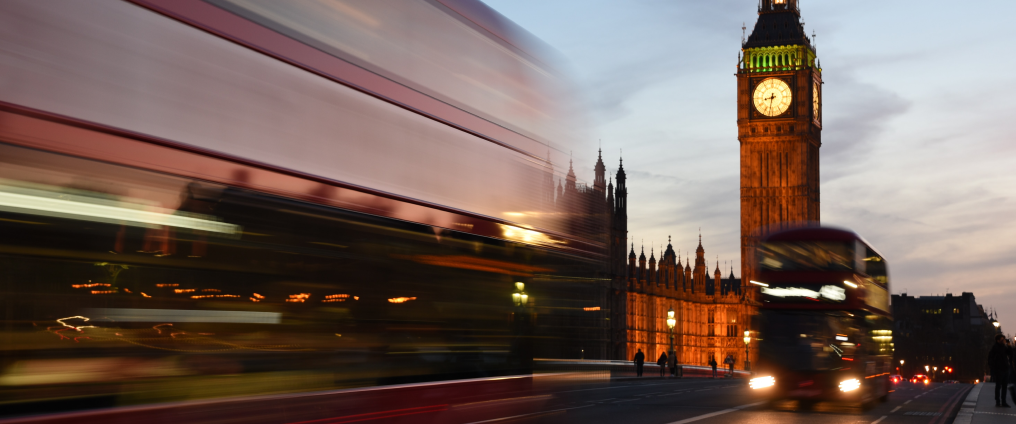London has taken a leading role in tackling climate change. It is the first city to commit to being a zero carbon city by 2050 (Mayor of London), compatible with the highest ambition of the Paris Agreement.
London also has the opportunity to lead the way in developing a new, circular economycircular economyA systems solution framework that tackles global challenges like climate change, biodiversity loss, waste, and pollution. It is based on three principles, driven by design: eliminate waste and pollution, circulate products and materials (at their highest value), and regenerate nature.. In 2015 LWARB (London Waste and Recycling Board) and GLA (Great London Authority) identified higher education as one of the five enabling sectors to support London in its transition.
Circular economy direction of travel statement for London’s higher education institutes
Working together, the Foundation and the LWARB have developed a Direction of Travel for universities in London to indicate their ambitions in the circular economy space.
We have set out areas across which we believe higher education has a large role to play. London’s transition to a circular economy will be supported by leveraging the following five key drivers:
Leadership and influence
Leading circular economy research
Circular economy teaching across all disciplines
Student action
Campus management
This statement sets a direction of travel and aims to unite the higher education institutions across London towards achieving a vision whereby:
Every student engages with the circular economy when they choose to study at an institution in London
Applied research at London universities supports London’s businesses' circular ambitions
All London’s higher education institutions are circular in their operations
Students are empowered to drive forward circular economy activities both on and off campus within the City
Higher Education institutions work closely with local and regional government in a variety of ways to support the City’s circular economy ambitions
Download
Circular economy direction of travel for London's higher education institutions is available in: English
How did we start?
Setting the scene (2019 November):
The first workshop London and the Circular Economy: The role of higher education in the transition from a linear to a circular economy was held. At the kick-off meeting to discuss the role of higher education in London’s transition to a circular city, attendees from 11 London universities, the LWARB, the Leadership Network, and the Foundation, came together to discuss how the higher education sector can support the transition to a circular economy in London.
Forming the idea (June 2020):
Following on from a successful first event in November 2019, this second workshop took place as part of London’s Circular City week (1-5 June 2020), bringing together the higher education institutions to network and find ways to work together to support London’s circular ambitions. 49 attendees from a range of organisations, including 12 universities represented by academic staff, sustainability staff or students.




